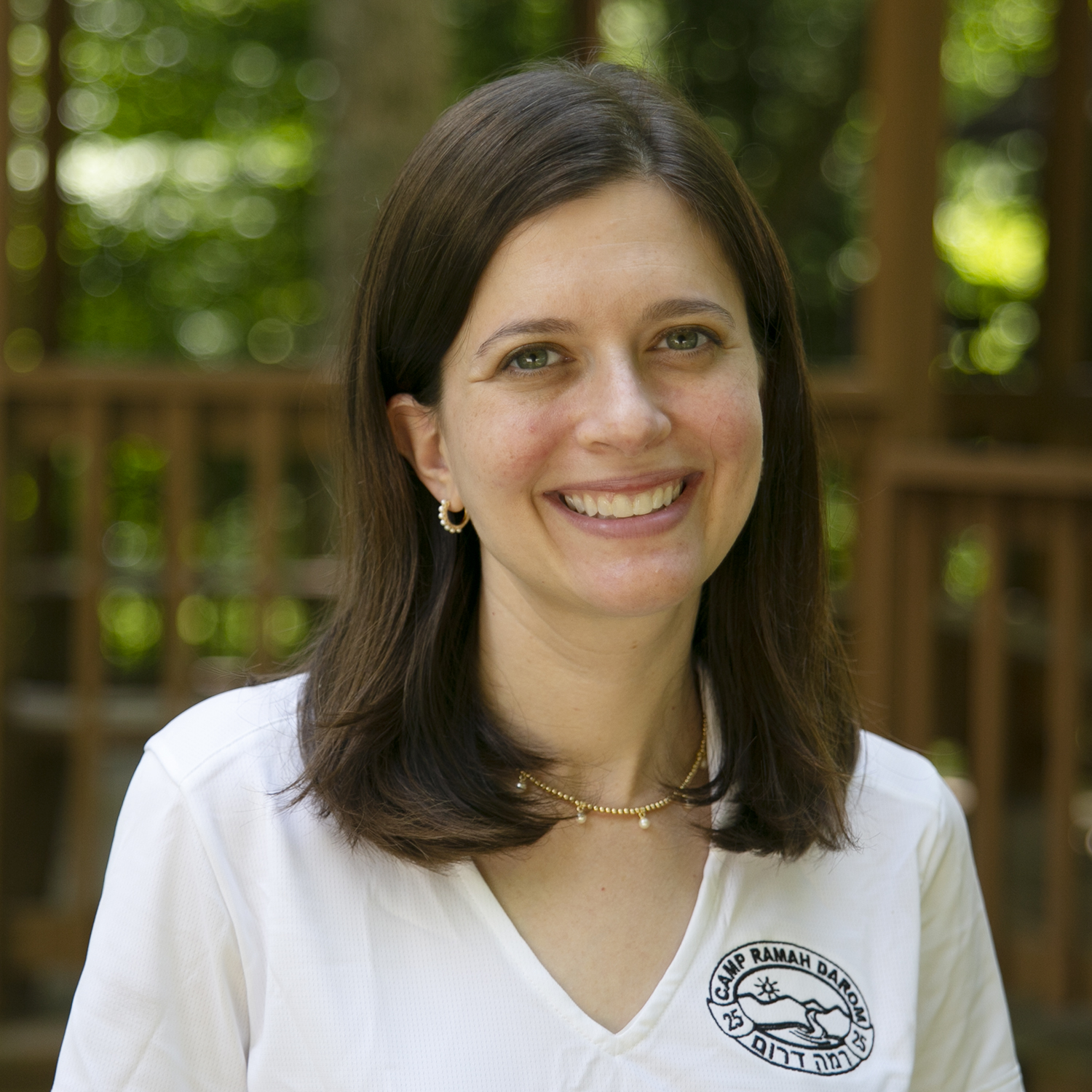בֹּ֖א אֶל־פַּרְעֹ֑ה כִּֽי־אֲנִ֞י הִכְבַּ֤דְתִּי אֶת־לִבּוֹ֙
G-d tells Moshe to go to Pharaoh because G-d has hardened Pharoah’s heart, and he wants Moshe to give Pharaoh a warning that there will be more signs of trouble ahead. Over and over again, the Torah tells us that Pharaoh’s heart was hardened and with no word superfluous in the Torah, it begs the question, “What does it mean to have a hardened heart?”
In the Torah, lev actually refers to an intellectual heart or the mind rather than an emotional heart. In the face of obstacles and challenges and regardless of multiple opportunities to change, Pharoah’s heart remains hardened, his mindset, refusing to budge perhaps out of a fear of failure or fear of having his authority undermined. I would argue that a “hardened heart” is actually a “fixed mindset.”
Someone with a “fixed mindset” believes he or she is limited to what their current abilities are, making obstacles seem insurmountable. In contrast, those with a “growth mindset” view challenges as opportunities – as a way to improve talents and get better.
Carol Dweck, the psychologist and researcher who has studied and codified the terms of fixed vs growth mindsets, would say that Pharaoh’s fixed mindset, believing his qualities are set in stone, created an urgency to prove himself over and over and to remain steadfast in the view he had adopted of not freeing the Israelites.
Our Camp leadership has an important role to play in modeling this growth mindset to our tzevet (staff) and chanichim (campers). As educators, we must encourage them to learn skills and deepen capacities with support, whether it is trying our climbing wall for the first time, leading a Camp song or gaining confidence to make a new friend. As Dweck says, this growth mindset “allows people to thrive during some of the most challenging times in their lives.” Our goal this summer more than ever is to strive to encourage each other to push through the challenging moments and stretch ourselves.
Now, when I seek to understand what it means to have a “hardened heart” in the Torah, I know that it is not so simplistic as my explanation at first glance might be – that Pharaoh was emotionally cruel. Pharaoh intellectually needed to prove himself and stick to what he knew to maintain authority, rather than deal with a greater obstacle of a new situation of reimagining his society without slave labor.
My charge to all of us is to think about how we might face current challenges with a growth mindset – what talents and skills do we want to cultivate from the obstacles that have been placed in front of us? And for this summer ahead, what goals might we have to try something new, gain independence and become even better versions of ourselves? I can say that our Camp leadership is flexing our own growth mindsets as we creatively plan for a fun, safe and meaningful summer for all of us!
Shabbat Shalom,
Anna

